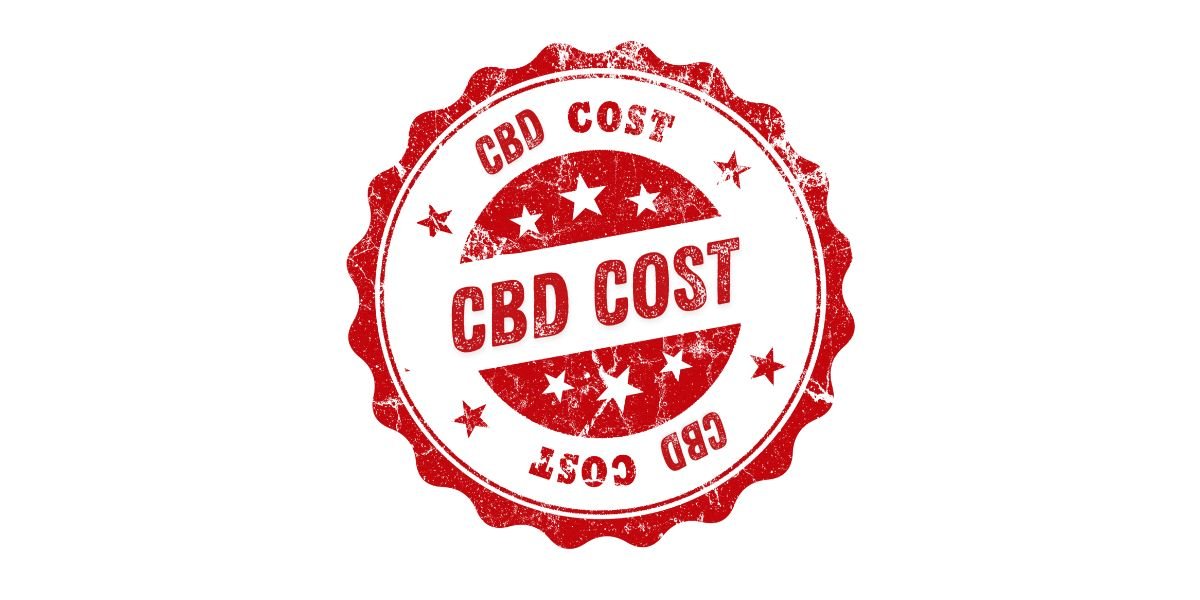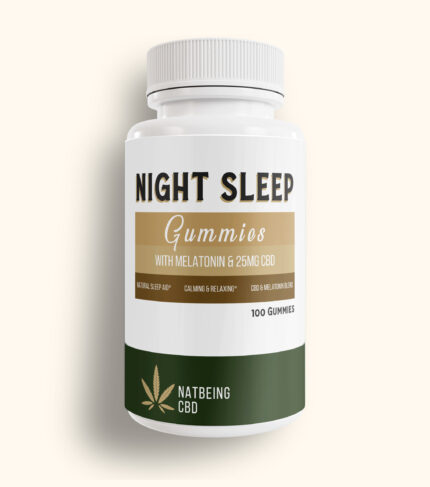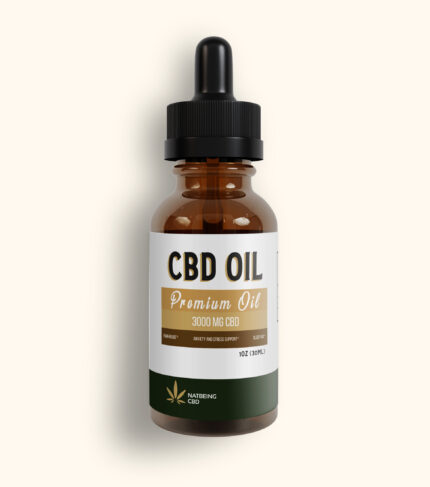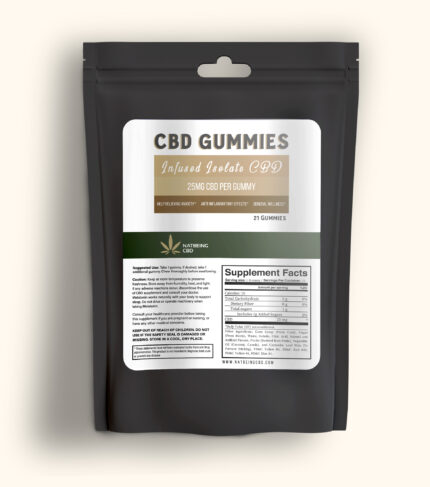
Blog
How to Manage Anxiety Naturally: Effective Techniques
Managing anxiety naturally is possible and effective. It doesn’t require medication.
You can explore various methods to soothe your mind. Anxiety affects many people worldwide. It can make daily life challenging and overwhelming. Natural remedies offer relief without side effects. They focus on holistic well-being. These methods include lifestyle changes, dietary adjustments, and mindfulness practices.
They can help you regain control and find peace. By understanding these natural options, you empower yourself. You can discover what works best for you. The journey to managing anxiety naturally can be rewarding. It leads to a healthier, more balanced life. Let’s explore these natural methods and find your path to calmness.

Credit: www.facebook.com
Introduction To Anxiety
Managing anxiety naturally involves simple lifestyle changes. Techniques include deep breathing, regular exercise, and mindfulness. These methods help calm the mind and reduce stress.
Anxiety is a common experience that can feel overwhelming, but understanding it is the first step towards managing it naturally. It’s not just about feeling nervous before a big event; anxiety can appear in various forms and affect your day-to-day life. Recognizing anxiety’s presence in your life is crucial for finding effective ways to cope. You might be surprised to learn how many people quietly struggle with it, just like you do.
Common Symptoms
Anxiety manifests in different ways, and symptoms can vary from person to person. You might notice a racing heart or sweaty palms when you’re anxious. Some experience headaches or stomach aches without realizing these could be anxiety-related. Have you ever felt restless, unable to concentrate, or constantly worried about the future? These are common signs of anxiety. It’s important to identify these symptoms to address them effectively.
Impact On Daily Life
Anxiety can sneak into your daily routines, sometimes without you even noticing. It might make you avoid social situations or struggle with decision-making. Perhaps you’ve found yourself snapping at loved ones or feeling exhausted despite a full night’s sleep. These effects can disrupt work, relationships, and even your ability to enjoy hobbies. Imagine a day where your mind feels clear and your heart feels light—recognizing anxiety’s impact is the first step to achieving that peace. Managing anxiety naturally involves understanding its roots and effects. Take a moment to reflect: how often does anxiety interfere with what you love? Identifying these moments can guide you toward natural solutions that enhance your well-being.
Role Of Diet And Nutrition
Balanced diet and nutrition play a crucial role in managing anxiety naturally. Consuming foods rich in omega-3 fatty acids, magnesium, and vitamins can help soothe anxious feelings. Including whole grains, fruits, and vegetables supports brain health and emotional well-being.
Anxiety can be overwhelming, but what if I told you that what you eat can play a significant role in managing it naturally? It’s fascinating to think that our daily food choices can have a profound impact on our mental well-being. By understanding the role of diet and nutrition, you can take control and manage anxiety more effectively.
Foods That Calm
Certain foods can soothe your anxious mind. Have you ever noticed how a warm cup of chamomile tea relaxes you after a long day? It’s not just in your head—chamomile is known for its calming properties. Consider adding more leafy greens like spinach to your meals. They contain magnesium, a mineral that helps regulate stress hormones. Fatty fish such as salmon is rich in omega-3 fatty acids, which can reduce anxiety symptoms. Imagine enjoying a delicious salmon dinner and knowing it’s helping your mind stay calm.
Nutrients To Focus On
What nutrients should you focus on to manage anxiety? Start with magnesium. It’s essential for muscle relaxation and helps prevent the stress hormone cortisol from wreaking havoc on your body. Vitamin D is another powerhouse. Studies suggest it can help improve mood and reduce anxiety. Spending time in the sun or consuming vitamin D-rich foods like eggs can make a difference. Don’t forget about antioxidants. They fight inflammation and oxidative stress, which can exacerbate anxiety. Blueberries and dark chocolate are excellent sources. Wouldn’t you like to indulge in these while helping your mental health? Are you ready to transform your diet and see how it impacts your anxiety levels? The next time you reach for a snack or plan a meal, think about how these choices affect your well-being. Your diet is not just fuel for your body; it’s nourishment for your mind too.
Exercise And Physical Activity
Exercise helps reduce anxiety by releasing endorphins, which improve mood and promote relaxation. Regular physical activity lowers stress levels, offering a natural way to manage anxiety effectively.
Anxiety can often feel overwhelming, but harnessing the power of exercise and physical activity can be a transformative way to manage it naturally. Our bodies are designed to move, and engaging in regular physical activity not only strengthens our muscles but also boosts our mental resilience. It’s fascinating how a simple daily routine can significantly impact your emotional well-being. Even a short walk in the park can clear your mind and lift your spirits. Have you ever noticed how a good workout leaves you feeling less stressed and more focused?
Benefits Of Regular Exercise
Engaging in regular exercise offers numerous benefits for managing anxiety. Physical activity releases endorphins, the body’s natural mood elevators. These chemicals can help you feel more relaxed and happy. Exercise also improves sleep quality, which is crucial for maintaining mental health. Better sleep means waking up refreshed and less anxious. Moreover, regular workouts can increase your self-confidence. Achieving fitness goals, no matter how small, can empower you and boost your self-esteem.
Types Of Stress-relieving Workouts
Different workouts can help reduce anxiety in various ways. Here are a few types you might consider: 1. Aerobic Exercises: Activities like jogging, cycling, or swimming increase your heart rate. They can help you burn off anxious energy and improve mood. 2. Yoga: Yoga combines physical postures, breathing exercises, and meditation. It can enhance your physical flexibility and calm your mind. 3. Tai Chi: This gentle martial art focuses on slow, deliberate movements. It can help you find inner peace and improve concentration. 4. Walking: A simple walk, especially in nature, can be incredibly soothing. It offers a chance to clear your head and think more clearly. Have you tried incorporating any of these workouts into your routine? They might just be the key to easing your anxiety naturally. Remember, the goal is not to become an athlete overnight but to find a physical activity that you enjoy and that helps you feel better.
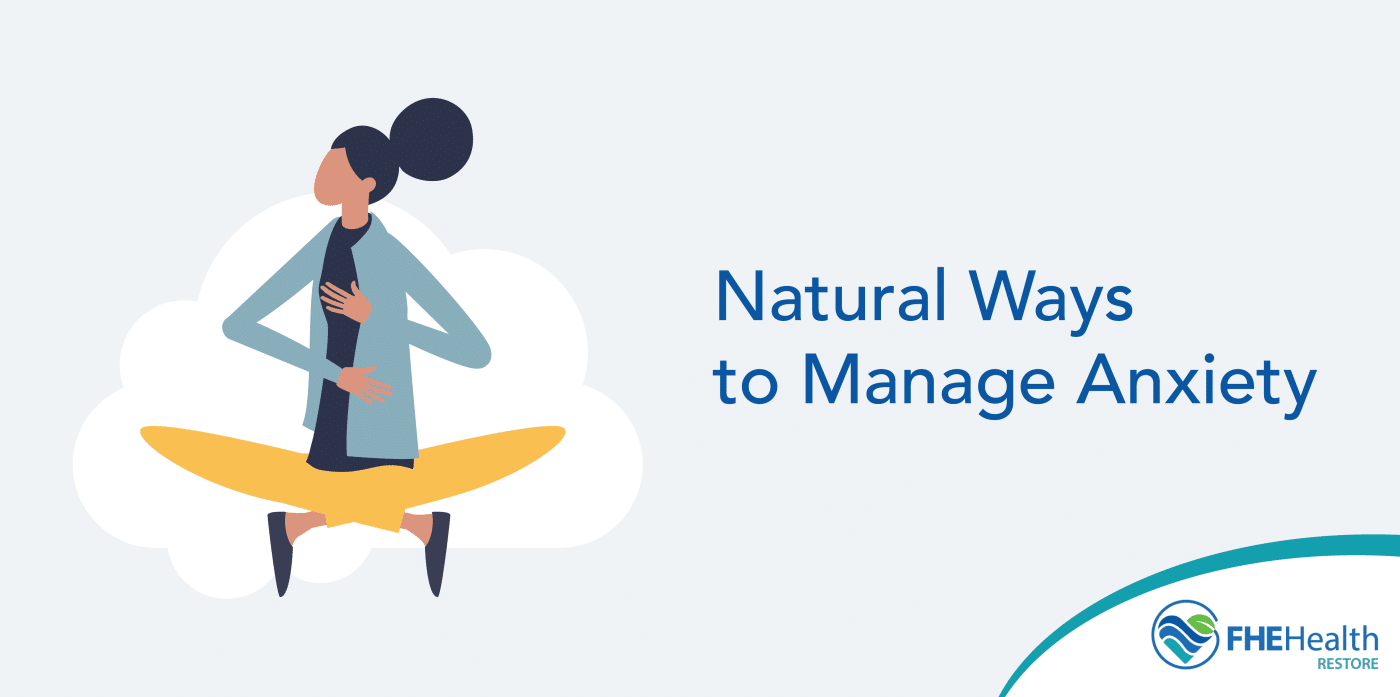
Credit: restore-mentalhealth.com
Mindfulness And Meditation
Mindfulness and meditation can ease anxiety naturally. Focus on your breath and quiet your mind. Feel the calmness spreading through your body, creating peace and reducing stress.
Managing anxiety naturally can significantly improve your quality of life. Among the various methods, mindfulness and meditation stand out for their simplicity and effectiveness. These practices help you focus on the present moment, reducing the chatter of anxious thoughts. By integrating them into your daily routine, you can cultivate a calmer, more centered mindset.
Practicing Mindfulness Daily
Mindfulness is about being fully present in the moment. It involves paying attention to your thoughts and feelings without judgment. Start by setting aside a few minutes each day to focus on your breathing. Notice each inhale and exhale. Consider engaging in mindful activities like walking or eating. When you walk, feel the ground beneath your feet. When you eat, savor each bite. These practices anchor you in the present, pulling you away from anxious thoughts. You might find it helpful to keep a mindfulness journal. Write down what you notice during your mindfulness practice. This can help track your progress and identify patterns in your thoughts.
Guided Meditation Techniques
Guided meditation can be a powerful tool for managing anxiety. It provides structure, making it easier to focus your mind. You can find a variety of guided meditations online or through apps. Choose one that resonates with you, whether it’s focused on relaxation, stress relief, or self-compassion. Start with short sessions, perhaps 5 to 10 minutes. As you become more comfortable, gradually increase the time. It’s about finding what works best for you. Try listening to a meditation before bed. This can help relax your mind and body, leading to better sleep. Or use it during a lunch break to recharge for the afternoon. Have you ever noticed how your mind races before an important event? Guided meditation can help calm those nerves. It teaches you to approach situations with a clear, focused mind. How often do you make time for mindfulness or meditation in your day? Integrating these practices can be transformative, offering you a natural way to manage anxiety.
Breathing Exercises
Feeling anxious is common. Breathing exercises can help calm the mind naturally. Deep breaths slow heart rate and reduce stress.
Managing anxiety naturally can feel like a daunting task, but breathing exercises offer a practical and accessible solution. These exercises are easy to learn and can be done anywhere, anytime. They help calm your mind and bring your focus back to the present moment. You might be surprised at how quickly a few minutes of mindful breathing can shift your mood. ###
Deep Breathing Techniques
Deep breathing is a powerful tool for managing anxiety. It involves taking slow, deep breaths to fill your lungs fully. This technique can help lower your heart rate and reduce stress. Try this: Sit comfortably, close your eyes, and take a deep breath in through your nose for a count of four. Hold your breath for another count of four, then exhale slowly through your mouth for a count of four. Repeat this cycle several times. You’ll find that focusing on your breath helps shift your mind away from anxious thoughts. It’s like hitting a reset button for your nervous system. ###
Progressive Muscle Relaxation
Progressive muscle relaxation (PMR) pairs perfectly with deep breathing. It involves tensing and then relaxing each muscle group in your body, one at a time. This can help reduce physical tension that often accompanies anxiety. To practice PMR, start with your toes. Inhale deeply and tense your toes for about five seconds. As you exhale, release the tension and feel your toes relax completely. Move up through your body, from your feet to your face. This method not only eases physical stress but also aids in recognizing where you hold tension. Have you ever noticed how your shoulders creep up to your ears when you’re stressed? PMR can help you become more aware of these patterns. Why not give these techniques a try next time you feel anxious? What have you got to lose? You might just discover a new way to find calm amidst chaos.
Herbal Remedies
Anxiety can disrupt daily life and mental peace. Many seek natural ways to ease it. Herbal remedies are a popular choice. They offer calming effects without harsh chemicals. Nature provides a wide array of herbs that can support mental wellness.
Popular Herbal Options
Several herbs have gained popularity for managing anxiety. Chamomile is well-known for its soothing properties. It can help calm nerves and promote relaxation. Lavender is another favorite. Its aroma alone can ease tension and anxiety. Valerian root is effective for stress relief. It works by relaxing the mind and body. Passionflower is also used to reduce anxiety symptoms. It provides gentle relief without causing drowsiness.
Safety And Efficacy
Before using herbal remedies, consider their safety and effectiveness. Always consult with a healthcare provider. Some herbs can interact with medications. It’s crucial to understand potential side effects. Chamomile is generally safe but may cause allergies in some people. Lavender is safe for most but can irritate the skin in rare cases. Valerian root might cause mild side effects like dizziness. Passionflower is usually safe but should be used carefully. Always start with small doses and monitor your body’s reaction.
Sleep And Rest
Understanding the importance of sleep and rest is crucial for managing anxiety naturally. Sleep offers a restorative break for both body and mind. It helps regulate emotions and stress levels. Rest isn’t just about sleeping. It’s about allowing yourself time to relax and unwind. Let’s explore how to optimize your sleep and rest for better anxiety management.
Creating A Sleep Routine
A consistent sleep schedule can improve your overall well-being. Set a fixed bedtime and wake-up time daily. This helps regulate your body’s internal clock. Avoid screens at least an hour before bedtime. The blue light disrupts your sleep cycle. Engage in relaxing activities like reading or meditating. These prepare your mind for rest. A warm bath can also signal your body it’s time to sleep. Consistency is key in building an effective sleep routine.
Improving Sleep Quality
Quality of sleep matters as much as quantity. Ensure your bedroom is comfortable and quiet. Use curtains to block out light. A cool room temperature helps you sleep better. Invest in a good mattress and pillows. Your sleeping environment should promote relaxation. Avoid caffeine and heavy meals before sleep. These interfere with your body’s ability to rest. Try breathing exercises to calm your mind before bed. Quality sleep reduces anxiety symptoms.
Social Support And Connection
Building strong social connections can help manage anxiety naturally. Engaging with friends and family reduces stress and fosters a sense of belonging. Having a supportive network boosts emotional well-being, making it easier to cope with anxious feelings.
Feeling anxious is something many people experience, and finding ways to manage it can be crucial for mental well-being. One effective approach is through social support and connection. Building meaningful relationships and engaging with others can provide comfort and reduce anxiety. It’s about surrounding yourself with people who understand and support you, turning social interaction into a powerful tool for calming nerves.
Building A Support Network
Creating a reliable support network can be a game-changer in managing anxiety. Think about the people in your life who make you feel safe and understood. These could be family members, friends, or even colleagues who genuinely care about your well-being. Reach out to these individuals and let them know you appreciate their presence. You might be surprised at how willing people are to help if they know you need support. They can offer a listening ear or even join you in activities that help alleviate stress. Consider joining groups or communities where you can meet others with similar experiences. This can be a great way to expand your network and find people who truly get what you’re going through.
Benefits Of Social Interaction
Social interaction can be an effective way to combat anxiety. Engaging with others can distract you from anxious thoughts and bring a sense of normalcy. Have you ever noticed how a simple chat with a friend can lighten your mood? Being around others can also boost your confidence. When you interact socially, you practice communication skills and build self-esteem. This can be incredibly empowering, especially when anxiety tries to tell you otherwise. Additionally, sharing experiences with others can provide new perspectives and solutions to problems you might be facing. It’s a reminder that you’re not alone, and there’s a community ready to support you. Think about the last time you spent time with loved ones or even engaged in a group activity. Reflect on how it impacted your mood and anxiety levels. Was there a sense of relief, even momentarily? Social connections are more than just pleasant interactions; they’re a lifeline that can significantly enhance your mental health. Consider how you can strengthen these connections in your life.
Setting Realistic Goals
Setting realistic goals helps manage anxiety naturally by creating achievable steps. These goals provide a clear path, reducing stress and overwhelming feelings. Small victories build confidence, making anxiety easier to handle.
Setting realistic goals plays a crucial role in managing anxiety naturally. It helps create a sense of accomplishment. Achieving small, manageable objectives can boost confidence. This approach reduces stress and anxiety over time. Clear, attainable goals provide direction and focus.
Breaking Down Tasks
Dividing tasks into smaller steps makes them less overwhelming. Smaller tasks feel more achievable. This reduces the pressure of completing a large task. Write down each step clearly. This visual aid can guide you through the process. Celebrate each completed step. Acknowledge your progress to build motivation.
Overcoming Perfectionism
Perfectionism often leads to anxiety. It creates unrealistic expectations. Accept that mistakes are part of learning. Focus on progress, not perfection. Set goals based on effort, not outcomes. This shift in perspective eases pressure. Embrace imperfections as growth opportunities. This mindset fosters resilience and reduces anxiety.
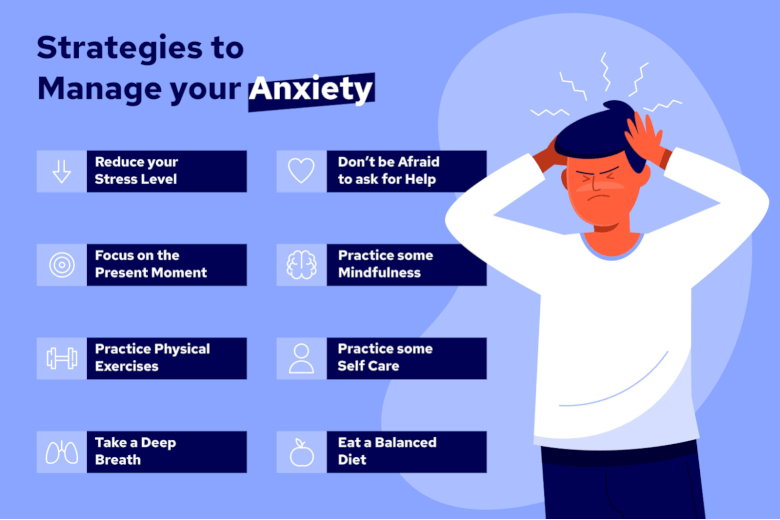
Credit: www.calmclinic.com
Frequently Asked Questions
How To Calm Anxiety Naturally?
Practice deep breathing exercises to reduce anxiety. Engage in regular physical activity to boost mood. Try meditation or yoga for relaxation. Maintain a healthy diet and sleep schedule. Spend time in nature to calm your mind. Use aromatherapy with essential oils like lavender for soothing effects.
What Is The 333 Rule For Anxiety?
The 333 rule for anxiety involves identifying three things you see, three sounds you hear, and moving three body parts. This grounding technique helps redirect your focus and reduce anxiety symptoms. It’s a simple yet effective method to calm your mind in stressful situations.
How Can I Reduce My Anxiety Without Medication?
Practice deep breathing and mindfulness techniques daily. Exercise regularly to release endorphins. Maintain a healthy diet and get ample sleep. Limit caffeine and alcohol intake. Engage in hobbies and connect with supportive friends or family. Consider therapy for guidance and coping strategies.
What Is Good For Anxiety?
Exercise, meditation, and deep breathing help reduce anxiety. A balanced diet and proper sleep are essential. Limit caffeine and alcohol intake. Consider therapy or counseling for support. Herbal supplements like chamomile or lavender may also help. Always consult a healthcare professional for personalized advice.
Conclusion
Managing anxiety naturally helps improve well-being. Embrace simple techniques like deep breathing. Exercise regularly to boost mood. Consider meditation for calming effects. Herbal teas can be soothing. Spend time outdoors to relax. Connect with supportive friends and family. Eat a balanced diet for mental health.
Get enough sleep each night. Practice mindfulness to stay present. Small changes make a big difference. Remember, you’re not alone in this journey. Take one step at a time. Reach out for help when needed. Start today for a healthier tomorrow.
Keep practicing these methods consistently. You’ll feel better gradually.
Related posts
How Fast Does CBD Cream 5000mg Work on Sore Muscles?
Menthol and CBD: A Dynamic Duo for Pain Relief
Delta-8 vs Delta-9 THC: Which One Is Right for You?
CBD Cream 5000mg: Powerful Relief for Pain, Muscles & Joints
CBD for Arthritis Pain: What You Should Know
CBD Creams: Made with Hemp Oil for Pain Relief & Joint Support
Understanding Oral CBD vs Topical CBD: Which Works Best for You?
How CBD Cream Supports Your Body’s Natural Balance
CBD Cream for Arthritis Joint Pain: A Natural Way to Find Relief
Is CBD Cream the Secret to Glowing, Healthy Skin?
How CBD Cream Works on Your Skin
CBD Cream Costs: Finding the Perfect Balance Between Price and Quality
Table Of Contents
Recent Posts
Products
-
 CBD Cream 5000mg – Extra Strength Pain Relief Topical Rated 4.83 out of 5$33.93 – $49.99Price range: $33.93 through $49.99 — or subscribe and save up to 25%
CBD Cream 5000mg – Extra Strength Pain Relief Topical Rated 4.83 out of 5$33.93 – $49.99Price range: $33.93 through $49.99 — or subscribe and save up to 25% -
 CBD Sleep Gummies 2500mg With Melatonin - 100 count Rated 5.00 out of 5
CBD Sleep Gummies 2500mg With Melatonin - 100 count Rated 5.00 out of 5$69.99Original price was: $69.99.$34.99Current price is: $34.99. -
 3000mg CBD Oil Rated 5.00 out of 5$29.90
3000mg CBD Oil Rated 5.00 out of 5$29.90 -
 CBD Gummies 500 mg - 21 Gummies Rated 5.00 out of 5$19.90 – $23.00Price range: $19.90 through $23.00
CBD Gummies 500 mg - 21 Gummies Rated 5.00 out of 5$19.90 – $23.00Price range: $19.90 through $23.00
